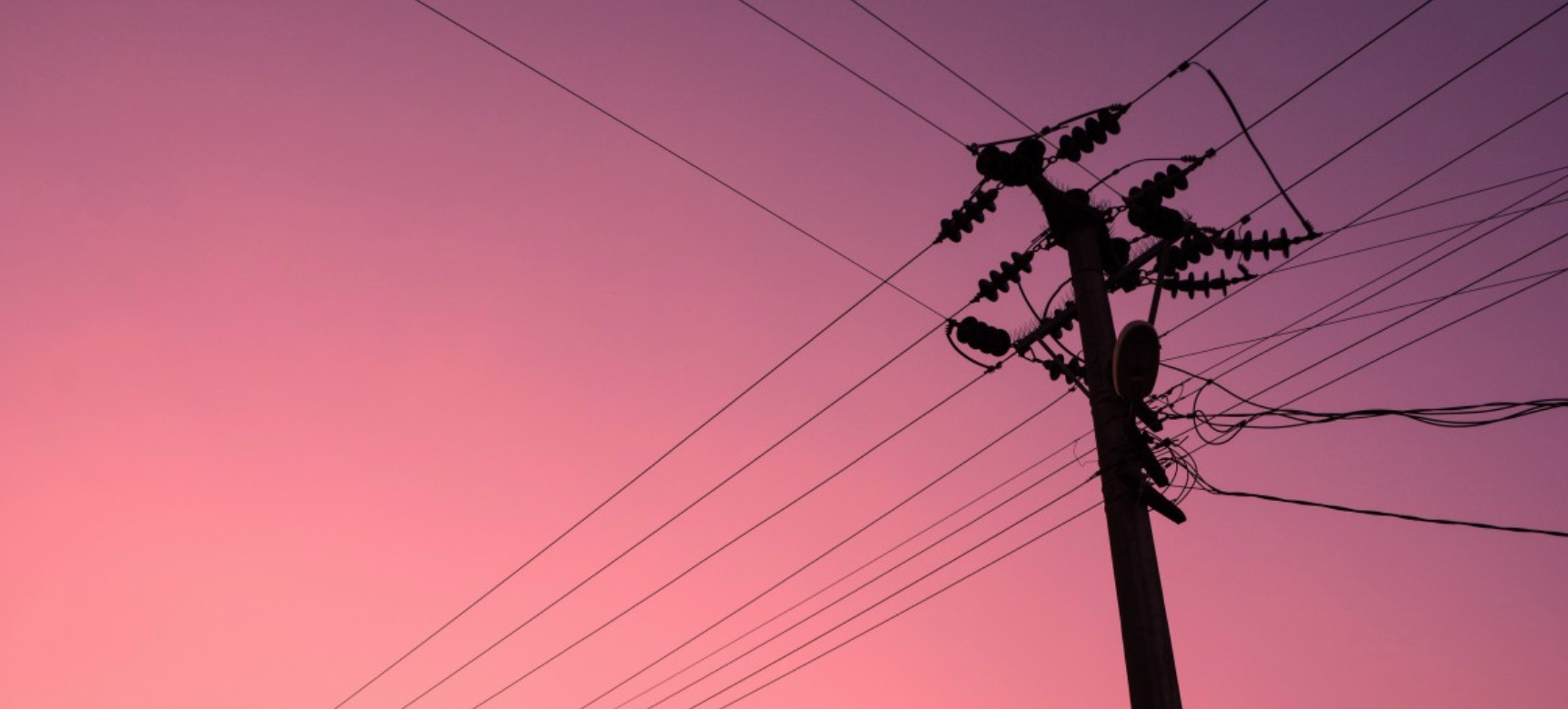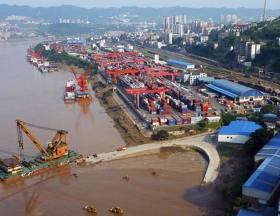In the Middle East and North Africa, the growth poles for the energy sector over the next five years are petrochemicals and electricity. This is what APICORP shows in its new report on the outlook for the sector in the region.
Over the period 2021-2025, energy investments are expected to climb to $ 805 billion in the MENA region, estimates APICORP, the Multilateral Development Bank of the Organization of Arab Petroleum Exporting Countries (OPAEP). This is $ 13 billion more than the investments of the last five years.
It should be remembered that these investments cover oil, gas, electricity and petrochemicals.
The petrochemical and electricity sectors will be the most attractive to investors, whose appetite for hydrocarbons is less and less pronounced. Petrochemical projects are expected to total $ 121 billion, up from $ 115 billion previously. The demand for petrochemicals is exploding and is expected to remain strong for the next ten years.
250 billion dollars will go to the electricity sector, of which 40% for renewable energies. Previously, the envelope for this sector was $ 232 billion. It will also be the most endowed with investments over the period. This, even if Saudi Arabia, the United Arab Emirates and Oman may not meet their targets in terms of clean energy shares in the mix.
In oil and gas, spending will decline in line with the general downward trend in investment spending in this segment since the onset of weak barrel prices in 2014. Thus, oil projects are expected to receive 226 billion USD. dollars of flow over the period. Over the last equivalent period, they were $ 235 billion.
As for natural gas, APICORP estimates that it will post 208 billion dollars in investments, compared to 211 billion dollars between 2015 and 2020.
“Natural gas and oil will not benefit from increased investment in energy in the Middle East North Africa region over the next five years, as policymakers become more cautious about commitments. new projects in an era of gas overcapacity. The divergent economic recoveries seen in the region in 2021 point to fragile financial sustainability for several governments as they face the challenge of financing the growing debt and the stimulus measures needed to accelerate the economic rebound, against a backdrop of deteriorating balance sheets. The document said.











Réagissez à cet article